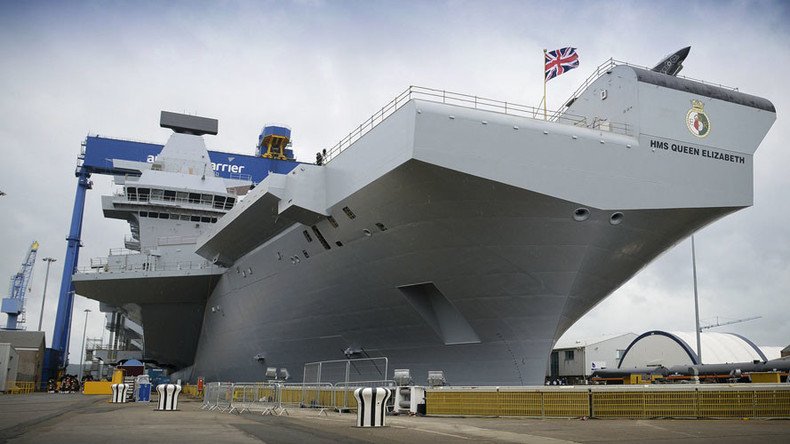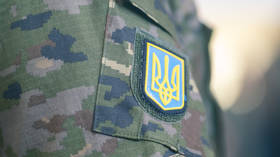British military secretly planning budget cuts, despite NATO spending pledge

Britain’s armed forces are secretly preparing for further budget cuts, despite government pledges to meet NATO’s symbolic target of spending two percent of gross domestic product (GDP) on defense.
A senior source told the Telegraph the military faces “very tough” savings to meet the new spending commitments.
The fall in the value of the pound sterling against the dollar has also impacted Britain’s military budget, making orders placed with American arms firms significantly more expensive.
Former Prime Minister David Cameron promised to increase the defense budget in line with NATO’s minimum spending recommendations in July.
Military officers 'afraid' High Court ruling on #Brexit could set "precedent that hinders future wars" https://t.co/64i9Zld7onpic.twitter.com/dNSWxnlxPa
— RT UK (@RTUKnews) November 7, 2016
MPs have accused the government, however, of “creative accounting,” after Whitehall folded pensions and UN peacekeeping into the military budget.
A senior defense source told the Telegraph that last year’s Strategic Defence and Security Review, which was supposed to fix defense plans for the rest of the decade, “wasn’t properly funded for the first couple of years.”
“The other problem is that there were so many other things rolled into the two percent that didn’t used to be there before.
“On top of that, the Treasury demanded efficiencies and then when we have to make those efficiencies it’s very painful. There are going to be some very tough decisions in the next two or three months.
“It’s looking like 2018 or 2019 before things get any easier.”
Rolls-Royce threatens to stop military production in UK if govt keeps profits cap https://t.co/P7oTNyUVvR
— RT UK (@RTUKnews) September 1, 2016
Royal United Services Institute (RUSI) Director-General Professor Malcolm Chalmers said the sudden drop of the pound sterling against the dollar following June’s Brexit vote would result in delays to some military purchases.
“The number of major purchases in the United States in particular is clearly creating problems. It feels to me as though there would be pressure to push procurement back a bit.”
“The government likes to give the impression we are now in a steady period of growth but the magnitude of those increases is very, very small,” he added.
“We spend more on defense than any other country in Europe,” a Ministry of Defense spokesman said.













